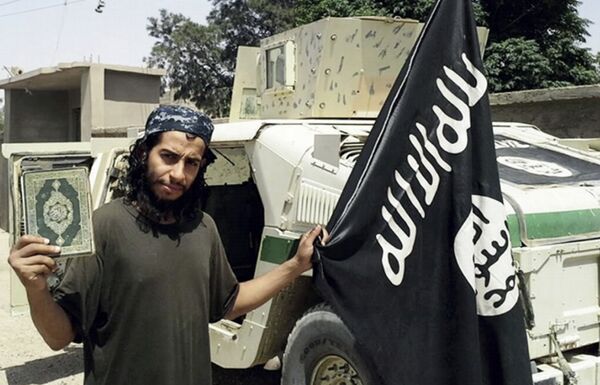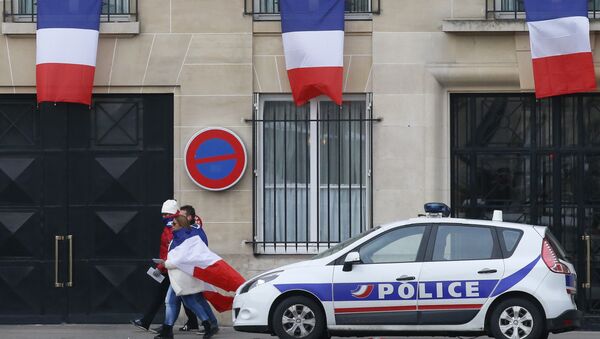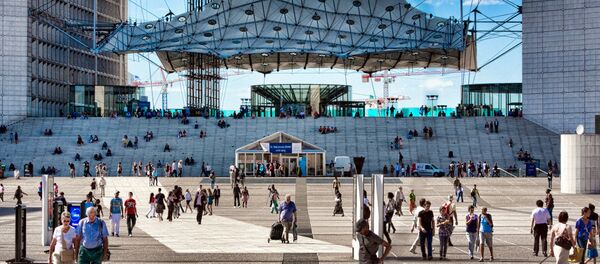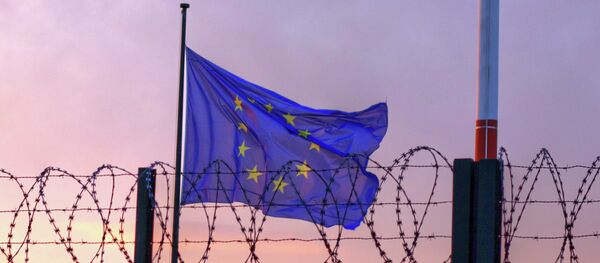The admission comes amid severe criticism of European intelligence agencies for failing to prevent the attacks, in which 130 died and hundreds were injured, despite having most of the attackers on the radar. The ringleader, Abdelhamid Abaaoud was able to return from Syria several times via the migrant route of Greece without being detected.

There was further criticism of the lack of border controls within Europe — under the Schengen agreement — which allowed Abaaoud and his fellow attackers to travel several times between France and Belgium in the run-up to the attacks and — in Abdeslam's case — following the attacks.
The detonators are normally used in fireworks, but can be adapted to ignite acetone peroxide that was in the explosive jackets worn by three of the Paris terrorists.
Abdeslam has criminal convictions for theft and drugs violations in both Belgium and the Netherlands, but although known to police, he was not on the terrorist radar.
Post Attack Cafe Visit
Meanwhile, it has emerged that Abdeslam was stopped by police at the French-Belgian border but then released. He was allegedly drinking in a Belgian café the day after the attacks. According to Belgian media reports, Olivier Martins, the lawyer representing the man who picked up Abdeslam and a friend from a subway station in Brussels, said the trio visited a cafe on the way back to the neighborhood of Schaerbeek. The lawyer told reporters:
"He did not know it was Salah and did not recognize him immediately when he arrived because he was wearing a cap. In the car, Salah told him that his brother, Brahim, had killed people in Paris and had blown himself up."
There was further criticism of lax border controls after it emerged the guns used in the attacks may have been bought in Germany.
Police in Stuttgart arrested a man named only as Sasha W and — during a search of his home — found several handguns.
They are now investigating whether the illegal arms dealer had sold weapons to the Paris attackers.
The Bild newspaper reported that the arms dealer had sold two AK47s and two Zastava M70s on November 7 to an Arab customer in Paris.
There are investigations now going on to find out why the intelligence services did not prevent the Paris attacks despite having most of the attackers on their radar as jihadists. At least five had traveled to fight in Syria and returned to homes in France or Belgium.




